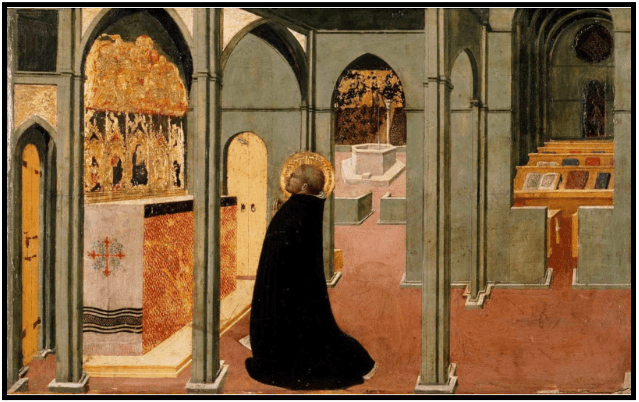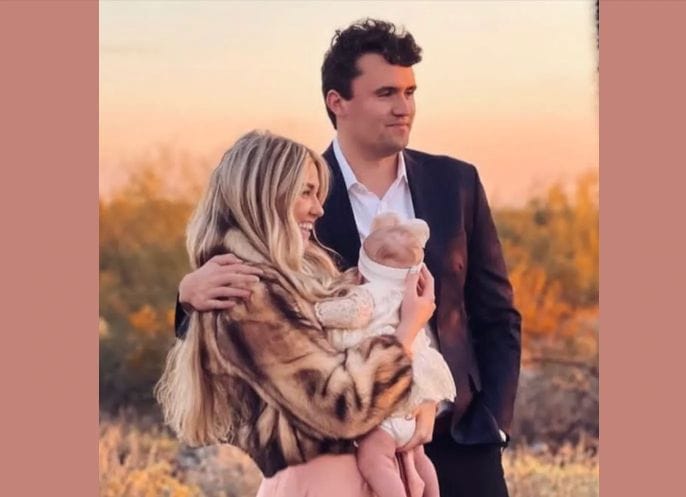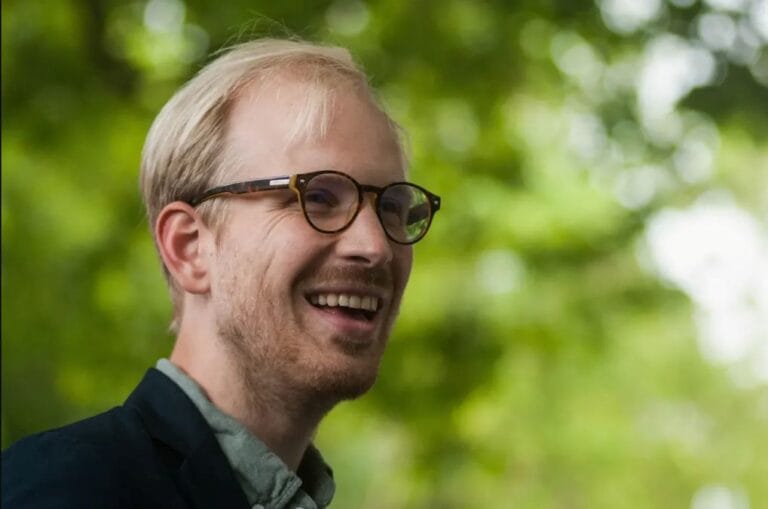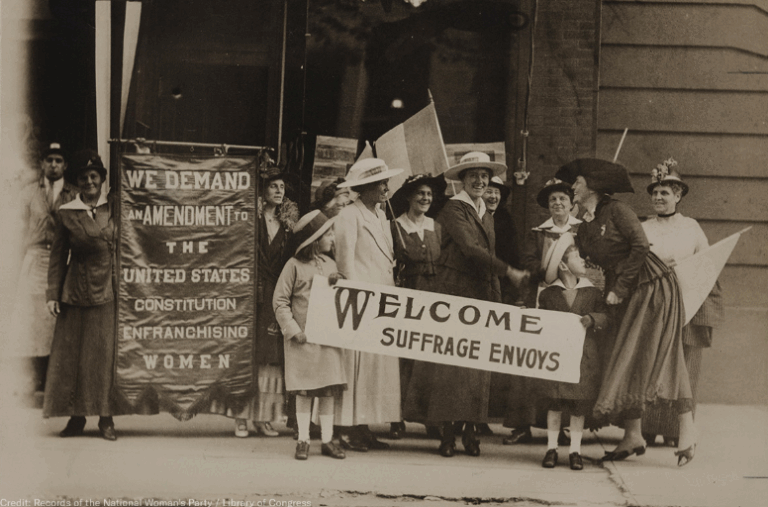Truth over tribe. Do hard things. Find common ground. Do great work. Kill your darlings.
Talking Big Ideas.
“Ideas shape the course of history.”
~ John Maynard Keynes
This newsletter focuses on Big Ideas. We discuss why they matter and how we can bring them to life. Today’s piece highlights five ideas – old and new – that are worth exploring.
***
IDEA: Be loyal to truth over tribe.
Thomas Aquinas was among the most influential and prolific philosophers in history. A devoted Catholic, he wrote nearly 800 years ago in his Summary Against the Gentiles:
The truth of our faith becomes a matter of ridicule among the infidels if any Catholic, not gifted with the necessary scientific learning, presents as dogma what scientific scrutiny shows to be false.
Aquinas taught that effective spokespeople must learn and understand the ideas they preach. We should not declare our beliefs as truth without deep reflection and consideration.
And when truth conflicts with our beliefs, the correct path is to update our beliefs rather than hide from the truth. Being wrong is great – provided we admit it and make adjustments. This is the essence of learning and growth.
As John Maynard Keynes said: “When the facts change, I change my mind. What do you do, sir?”
***
IDEA: Prove to yourself you can do hard things.
Maryrose and I spent this past weekend in Ouray, Colorado, to support our buddy Damon as he completed a 102-mile endurance run through “The Switzerland of America.”
The race covered a mind-boggling 83,000 feet in elevation change – the equivalent of running from sea level to the summit of Mount Everest and then back down to sea level . . . and then back up to the summit.
In a recent viral post, entrepreneur Nat Eliason said:
The ability to do hard things is perhaps the most useful ability you can foster in yourself or your children. And proof that you are someone who can do them is one of the most useful assets you can have on your life resume.
Our self-image is composed of historical evidence of our abilities. The more hard things you push yourself to do, the more competent you will see yourself to be . . . The proof you can do hard things is one of the most powerful gifts you can give yourself.
When we push ourselves hard, we grow while life’s challenges shrink.
Every elite athlete – as well as every amazing public speaker – achieved their excellence by stepping into discomfort and expanding their comfort zone. This is how we build confidence and overcome fears.
Damon took 47 hours to finish and placed 16th overall. The next day we went out paddleboarding on our local river. He said the race was awesome and he was glad he did it.
***
IDEA: Find common ground.
I encourage everyone to watch old debates between Michael Harrington and Milton Friedman.
Both men are brilliant. They have fundamental differences in core beliefs – Harrington was a socialist while Friedman was a free-market guy – yet they engage in an honest and courteous way. Listen to how Friedman responds here:

Notice how he sits silently and listens. And when Harrington is done, Friedman is polite and immediately finds common ground. Consider this quote from Rob Henderson: [gated]:
The comparative psychologist Michael Tomasello has suggested that people cannot communicate properly without “shared intentionality”. Communication did not evolve to negotiate with people we believe want to hurt us. It evolved to share and exchange useful information with individuals who share our goals, desires, ends, etc. We can only effectively communicate with others if we believe they share the same goals as us.
Shared goals are a foundational pillar of effective communication. Thankfully, human beings have far more in common than social media would make it seem – including many shared goals. Yet we increasingly live in bubbles that make it seem like the world is filled with good guys (our tribe) and moral monsters (everybody else).
Our default in conversations and communication is often to seek tribal loyalty while denouncing anyone who thinks differently. But we always have the choice to rise above our default settings. We can choose to be audience-focused and understanding. We can choose to find common ground like Friedman and Harrington.
This is the correct path.
***
IDEA: Work on your own projects.
Paul Graham writes fantastic essays. His most recent, How to Do Great Work, is worth a close read. A snippet:
Develop a habit of working on your own projects. Don’t let “work” mean something other people tell you to do. If you do manage to do great work one day, it will probably be on a project of your own. It may be within some bigger project, but you’ll be driving your part of it. What should your projects be? Whatever seems to you excitingly ambitious.
The more autonomy you have over your projects, the more likely you are to work hard and unleash your unique creativity to create value for yourself and the world. Regardless of your current position in life, you can find ways to create your own projects. Be it at home, the office, or anywhere else.
What speech is hidden deep inside you waiting to be crafted and delivered?
What exciting new project can you begin today?
***
IDEA: Kill your darlings.
Excess content is distracting.
When Stephen King famously said, “Kill your darlings,” he meant good writing requires ruthless trimming. Brené Brown applies this insight to public speaking. Her steps for building a quality script:
- Work on your script until you love it.
- Now the hard part: Cut it in half.
- Now the really hard part: Cut it in half again.
My buddy Josh (who writes the Substack Entry Point) got a text this week from his mom. As a librarian, she faces the constant problem of limited shelf space. No one wants to “weed out” the old books, but it’s the only way to make room for new books. She wrote:
When I started, every shelf was packed full from end to end. . . . It’s interesting when we weeded the picture book section, we had a lot of people compliment us on all the new books we had there. We hadn’t bought new ones, we weeded out the old ones.
The more we kill our darlings, the more we bring to life what matters most.
***
Big Ideas are all around us.
Explore them, clarify them, and bring them to life.




